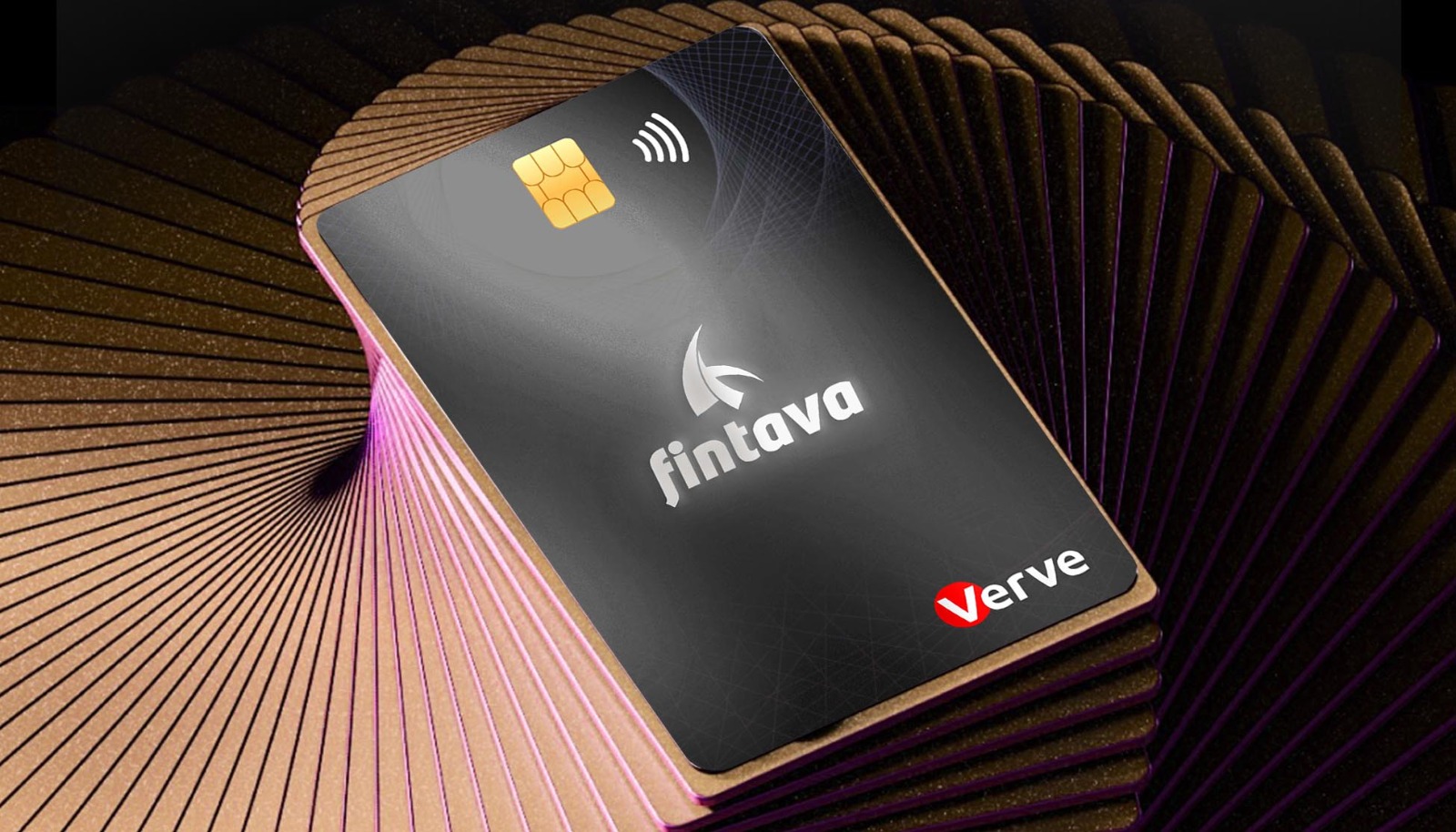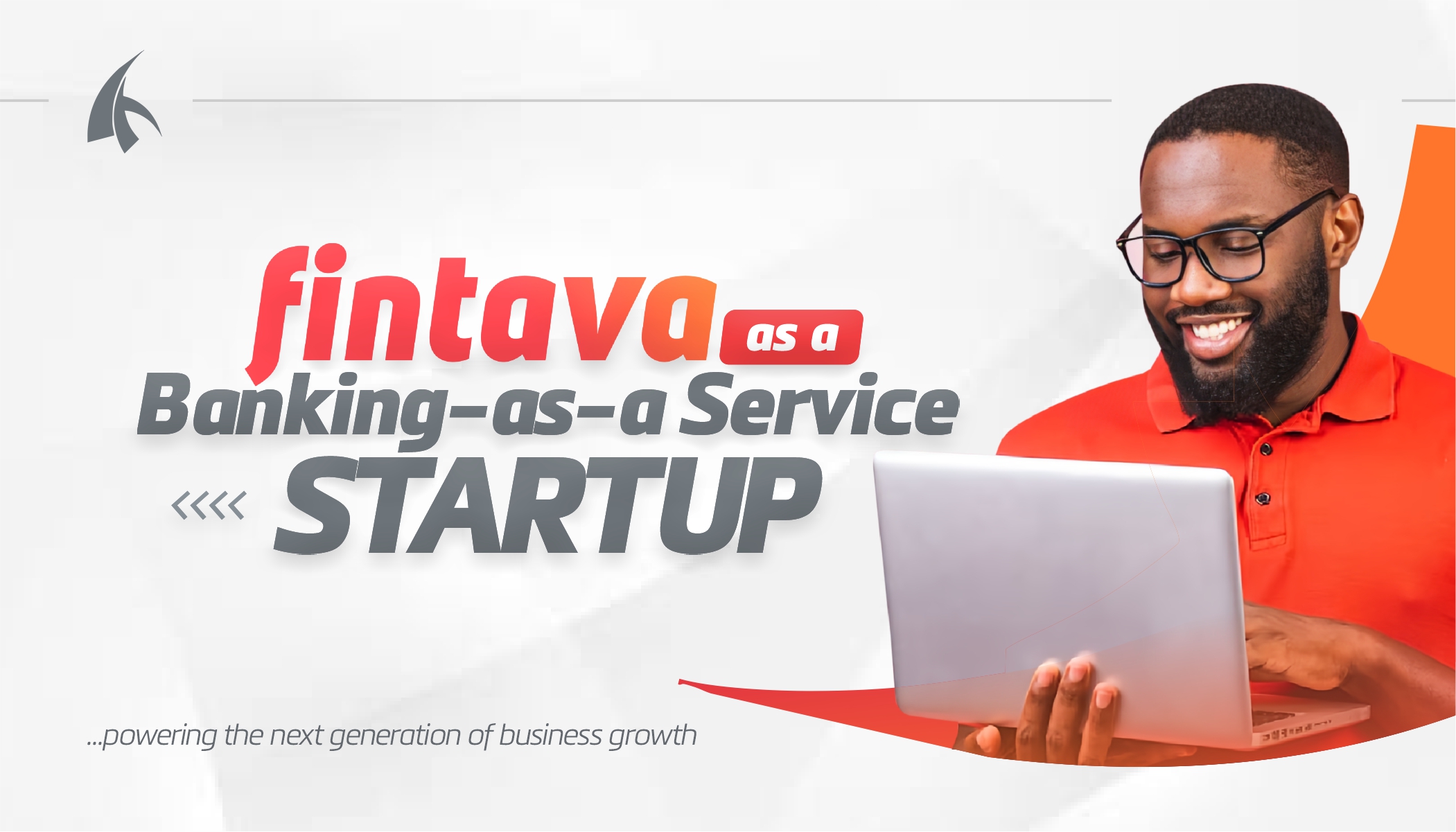Before the establishment of the Nigerian Inter-Bank Settlement System (NIBSS) in 1993, Nigeria’s financial landscape was characterised by inefficiencies and a lack of cohesive infrastructure.
The banking system was largely manual, with transactions requiring physical presence and paper-based processes. Interbank transactions were cumbersome and time-consuming, often taking days or even weeks to process.
This sluggishness stifled economic activities and limited the growth potential of businesses and individuals alike.
The inefficiency in the banking sector meant that financial inclusion was low, with a significant portion of the population remaining unbanked.
The lack of trust in the banking system due to frequent errors, delays, and the risk of fraud further exacerbated the situation. The need for a more efficient, reliable, and inclusive financial system became increasingly evident.
The Birth of NIBSS
Recognizing the pressing need for a more efficient and secure payment system, the Central Bank of Nigeria (CBN), in collaboration with all licensed banks in Nigeria, established the Nigerian Inter-Bank Settlement System (NIBSS). The primary objective was to streamline inter-bank transactions and enhance the overall efficiency of the banking sector.
NIBSS introduced an automated system for clearing and settlement, significantly reducing the time required for inter-bank transactions.
This move was crucial in laying the groundwork for a more integrated and technologically advanced financial system. The establishment of NIBSS marked a significant milestone in Nigeria’s journey towards a more efficient and inclusive banking system.
Entering the Digital Banking Era: Key Players Beyond NIBSS
While NIBSS played a pivotal role in revolutionising Nigeria’s banking sector, it was not the only player driving the shift towards digital banking. Several other institutions and innovations contributed to this transformation:
- Central Bank of Nigeria (CBN): As the regulator, the CBN implemented policies and frameworks that encouraged the adoption of digital banking technologies.
- Commercial Banks: Leading banks such as First Bank, GTBank, and Zenith Bank invested heavily in digital banking platforms, offering customers online banking, mobile banking apps, and other digital services.
- Fintech Companies: The rise of fintech startups brought innovative solutions to the financial sector, providing alternatives to traditional banking and fostering financial inclusion. Companies like eTranzact and Interswitch have been instrumental in this digital revolution.
- Telecommunication Companies: Telcos like MTN and Airtel played a significant role by providing the necessary infrastructure for mobile banking and mobile money services, reaching underserved and rural populations.
The Introduction of Instant Payments: NIBSS Instant Payments (NIP)
One of the most transformative innovations introduced by NIBSS was the NIBSS Instant Payments (NIP) system. Launched in 2011, NIP enabled real-time payments across different banks and financial institutions. This system allowed customers to transfer funds instantly, 24/7, significantly enhancing the convenience and speed of financial transactions.
The introduction of NIP was a game-changer for both individuals and businesses. It facilitated immediate payments for goods and services, reduced the risk of fraud, and boosted customer confidence in the banking system. The success of NIP can be seen in its rapid adoption and the sheer volume of transactions processed through the system.
The impact of NIBSS and the NIP system on Nigeria’s banking sector is evident in the impressive statistics:
Since the introduction of NIP, the volume of instant payment transactions has grown exponentially. For instance, in 2020 alone, over 2.7 billion NIP transactions — valued at over N278 trillion — were recorded, reflecting a significant increase from previous years.
The adoption of digital banking services has contributed to an increase in the number of banked individuals. According to Statista, number of active bank account in Nigeria rose from 63 million in in 2016 to 133 million in 2021.
The efficiency brought about by digital banking and instant payments has facilitated smoother business operations, contributing to overall economic growth. Small and medium enterprises (SMEs), in particular, have benefited from the ease of conducting financial transactions.
The convenience of instant payments has significantly improved customer satisfaction. A survey conducted by Enhancing Financial Innovation & Access (EFInA) indicated that a majority of customers prefer digital transactions due to their speed and reliability.
The establishment of the Nigerian Inter-Bank Settlement System (NIBSS) marked a pivotal moment in Nigeria’s financial history.
But as digital payments continue to grow exponentially in Nigeria, maybe it is for a major upgrade to our 31-year-old payment infrastructure.



